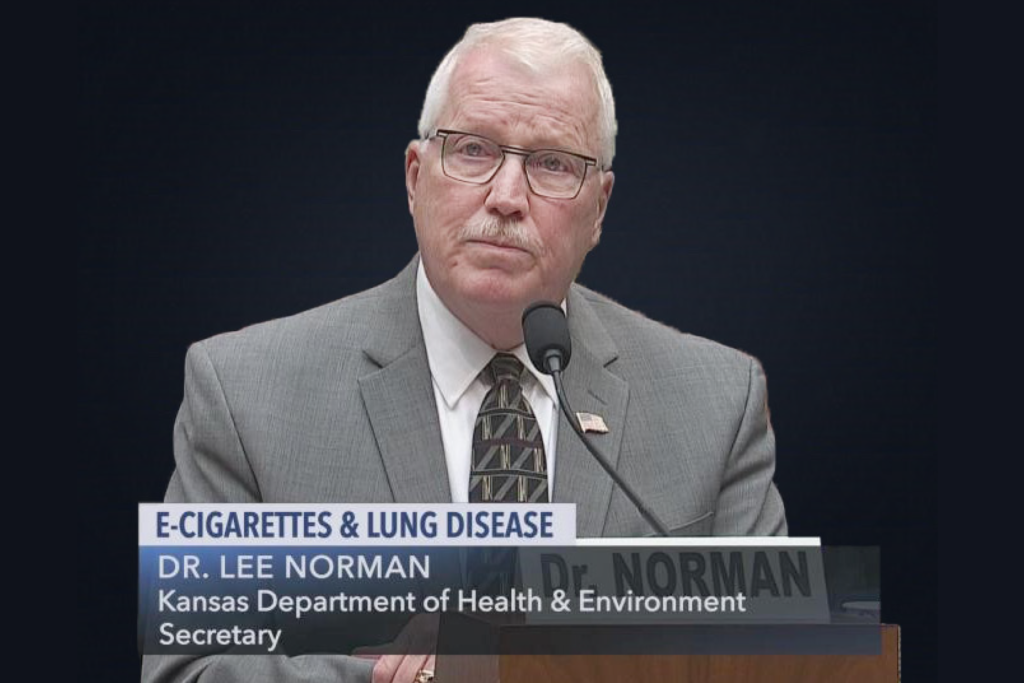Kansas Uses Syndromic Data to Improve Case Reporting for EVALI

The U.S. outbreak of e-cigarette, or vaping, product use-associated lung injury (EVALI) received major media attention when CDC deployed epidemiologists to investigate a cluster of teenagers and young adults in Wisconsin and Illinois presenting with unexplained, sudden onset lung injuries in August 2019. As a regional investigation unfolded, states searched for potential cases in their emergency department data.
Epidemiologists at the Kansas Department of Health and Environment (KDHE) received a request from their counterparts in Wisconsin asking that they conduct syndromic surveillance to look for potential cases of lung injury. After identifying the first case in Kansas, KDHE issued a statewide health alert to clinicians summarizing the multistate outbreak. Case reports started to come in, but KDHE epidemiologists questioned whether some cases were being missed. They began comparing clinician-reported cases with syndromic surveillance results and refined syndromic queries to target the EVALI-risk population.
The use of syndromic data to identify potential cases and subsequent comparison with clinician-reported cases helped in two ways. First, by identifying potential cases, the emerging picture of EVALI was more accurate. Second, by asking facility clinicians and infection prevention staff for case records and explaining why the records were needed, Kansas raised facility awareness of the condition and improved case reporting for EVALI. Funding from the National Syndromic Surveillance Program supports the use of syndromic surveillance in improving the nation’s public health.
